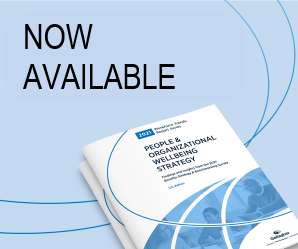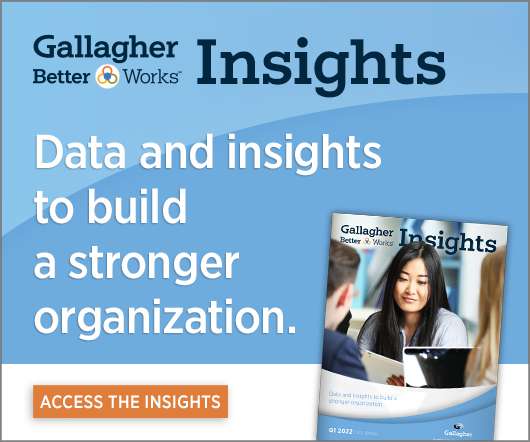Why Organizations Need an Artificial Intelligence Policy [Part 1]
HR Bartender
SEPTEMBER 22, 2024
Today, I want to talk about developing an internal AI policy. So, I asked Carrie if we could talk about developing AI policy and thankfully, she said yes. Having an AI policy is a fundamental step to be ‘ready’ for AI in your workplace. Having an AI policy is a fundamental step to be ‘ready’ for AI in your workplace.























































Let's personalize your content